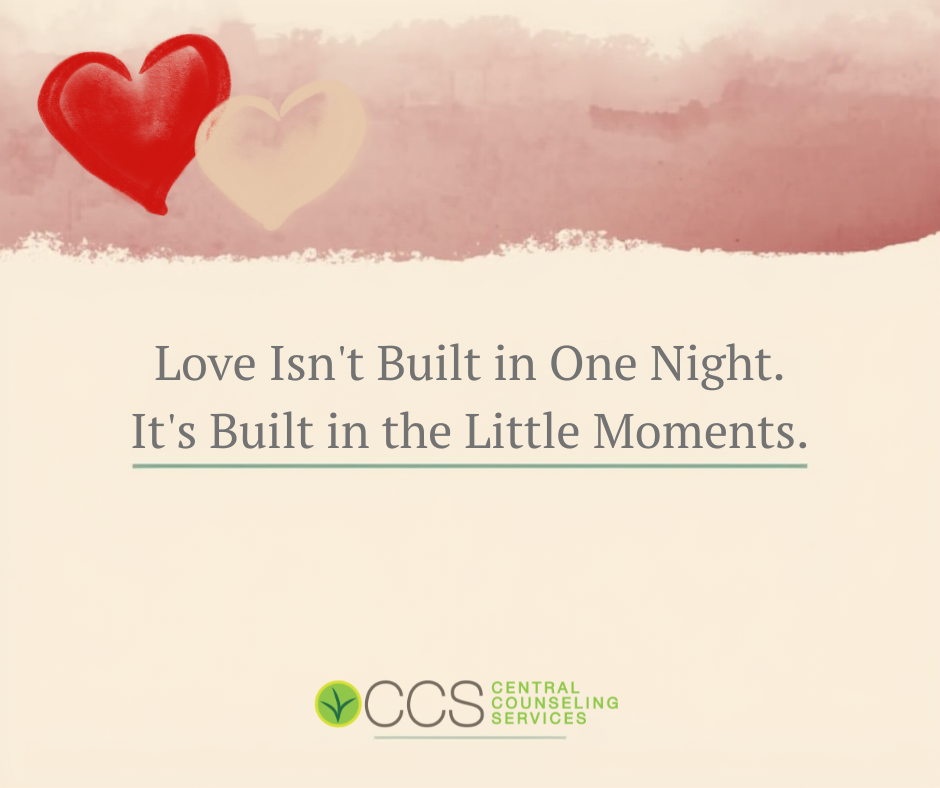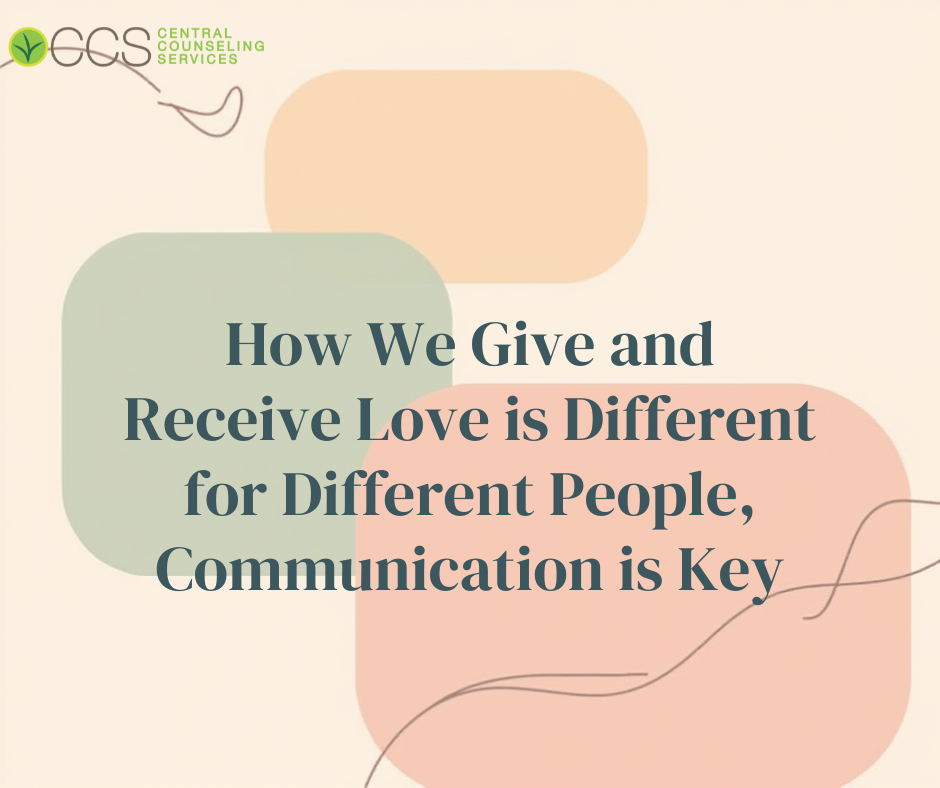Blog

The Valentine’s Day Myth: Love Isn’t Built in One Night — It’s Built in the Little Moments
Valentine’s Day can turn love into a performance. This blog explores how real connection is built in everyday moments — not one perfect night.

What are Love Languages and Attachment Styles in Relationships?
Many relationship struggles come from feeling misunderstood, not unloved. Learn how love languages and attachment styles shape connection and communication.

5 tips on effective communication
Communication is so important with all relationships including friendships, colleagues, family and romantic relationships. We not only want others to listen to us, but we want to be HEARD. There is a difference between talking and communicating, and we have to learn how to communicate effectively. Let’s talk about 5 easy and effective communication tips that can transform your relationships.

Change Your Attachment Style, Change Your Life!
This is the one we all are searching for and hope for. This is an understanding of healthy relationships.

Let's Talk About It: Codependency
Many of us are quite familiar with the word codependency. We often associate it with someone who is “needy” or who relies on others to do every day life. In reality, codependency is far more than just relying on others; it is a maladaptive way of maintaining interpersonal relationships and a skewed view of self. Let’s talk about a few yellow flags of codependency in any relationship…



The three levels of Monitoring Your Children
Supervision does not take laser-focused intensity: nor does it take exhausting yourself with keeping them entertained. It calls for three levels of monitoring. Each of these levels is necessary; for them AND for you. In order for you to not drive each other “crazy”. Plus the child receives the full benefit of autonomy and parental interaction!

Marriages Like Fine Wines Take Time
Relationships are like fine wines; the taste and consistency will not happen overnight. However, the steadiness, texture, and palatable is borne out of care, understanding, patience, and desire. In my couples, therapy work…I find the “crystal ball” effect being quite prevalent, in fact, it’s so prevalent that when mentioned individuals appear bewildered.
